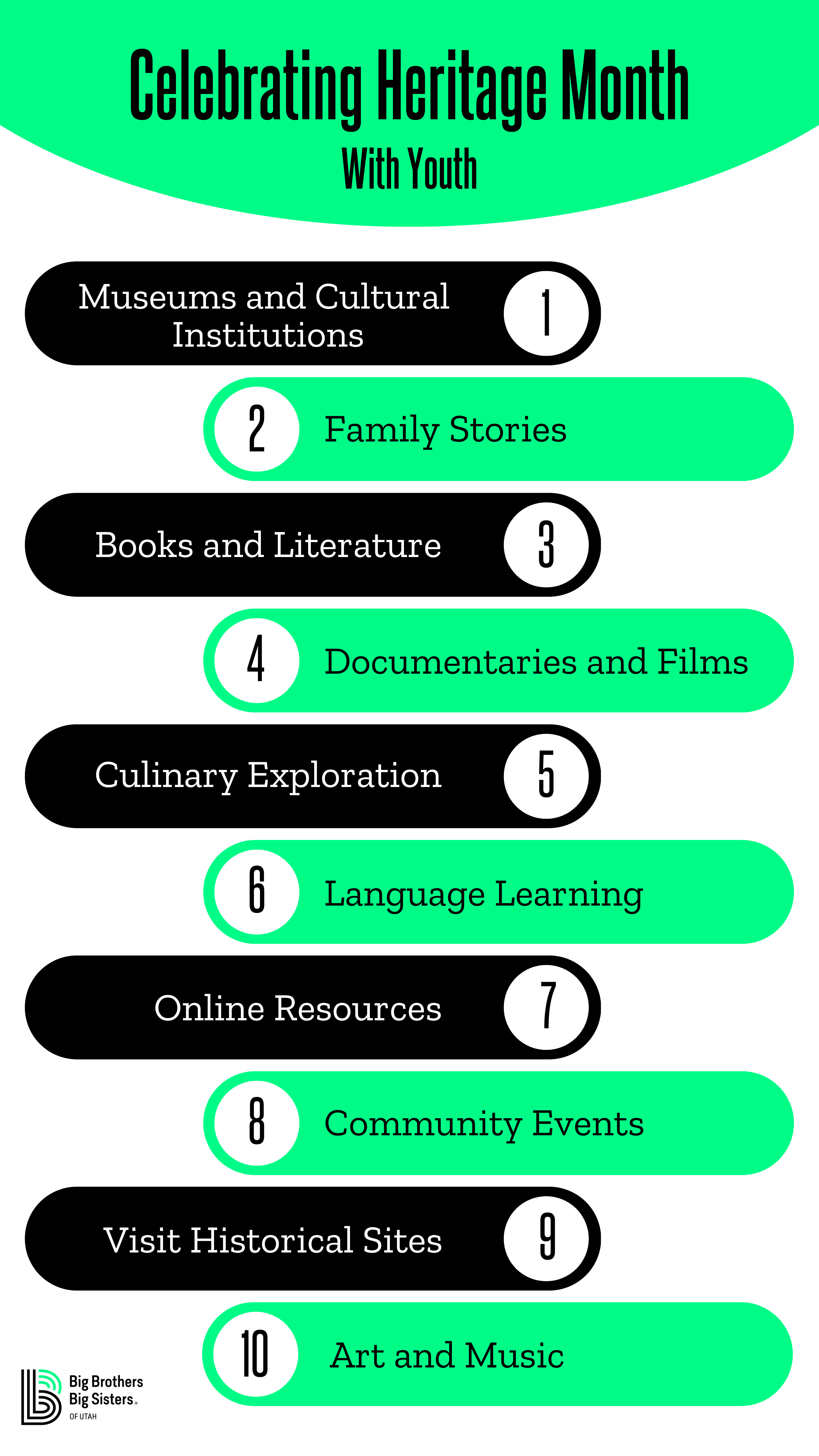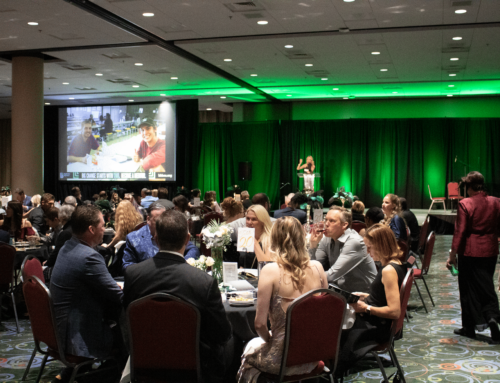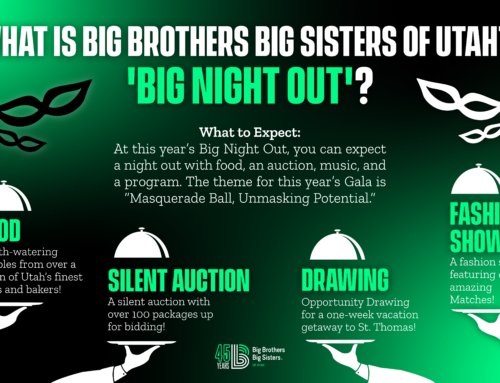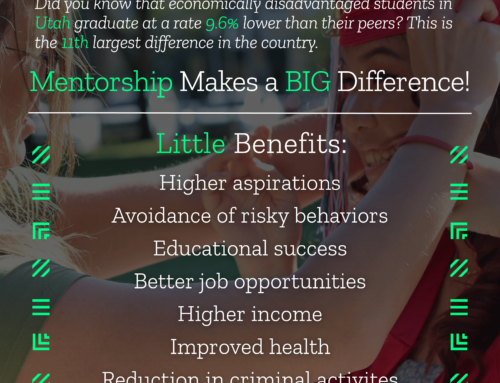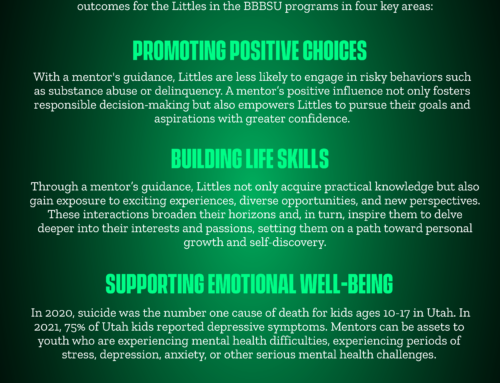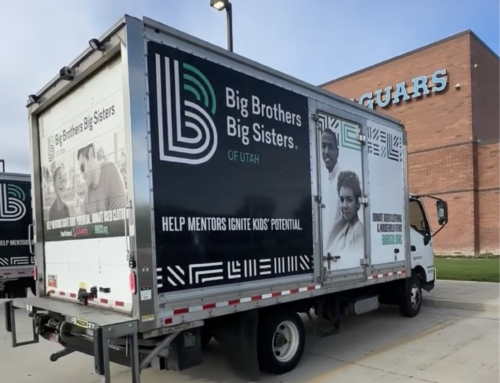Volunteer Opportunities in Utah: Educating and Celebrating National Heritage Weeks with Youth
National heritage weeks/months throughout the world are a time to celebrate and learn about the cultural and historical heritage of a particular country or region. They are also an opportunity to raise awareness of the importance of protecting and preserving this heritage. There are various volunteer opportunities in Utah centered on teaching and celebrating heritage with youth.
Why are National Heritage Weeks/Months Celebrated?
National Heritage Weeks and National Heritage Months are celebrated to acknowledge and honor the rich cultural, historical, and societal heritage of a particular country or region. These occasions offer a chance to promote awareness and deep respect for the varied traditions, practices, and contributions that have profoundly shaped the identity of the nation. By highlighting heritage, these weeks aim to cultivate a feeling of cohesion, pride, and mutual understanding within communities. Moreover, they function as platforms for education, cultural exchange, and safeguarding, guaranteeing the transmission of crucial aspects of a nation’s history and legacy to forthcoming generations. Through diverse events, exhibitions, and activities, National Heritage Weeks commemorate the distinct narratives and experiences that define a nation or region, fostering a shared sense of legacy and identity.
The Importance of Teaching Youth About Heritage
Teaching youth about heritage holds significance as it nurtures an understanding of cultural roots. As youth learn about their heritage and other’s heritage, young individuals gain insights into the traditions, values, and customs that have been passed down through generations. This understanding not only fosters a sense of belonging and pride but also promotes cross-cultural appreciation.
Furthermore, learning about heritage provides youth with a broader perspective on the world. It allows them to comprehend the evolution of societies, the struggles that led to progress, and the achievements that define who we are today. This awareness empowers them to engage critically with history, drawing valuable lessons that can guide their future decisions and actions.
In a world increasingly interconnected yet often divided, knowledge of heritage acts as a bridge that connects different communities. Moreover, teaching youth about heritage equips them with the tools to actively participate in preserving and celebrating their own cultural treasures.
Heritage education also nurtures a sense of responsibility. Youth become stewards of their heritage, understanding the importance of preserving their cultural legacy for future generations. This extends to a broader understanding of global heritage conservation and environmental sustainability, instilling values of respect and preservation.
Through volunteer opportunities in Utah, mentors can teach youth about heritage to help them develop empathy, and become informed individuals. It fosters a sense of identity, empathy for others, critical thinking, and a lifelong appreciation for the rich tapestry of humanity’s shared past. By nurturing a deep connection to their heritage, we empower the youth to become active participants in a more culturally aware and harmonious world.
How Youth Can Make an Impact
Youth can make an impact on their communities, and future generations as they learn about their own cultures and histories in addition to surrounding cultures. UnitedNations.org states that culture has the power to strengthen local communities, and create a sense identity and belonging for people of all ages. 18% of the world’s population is made of youth. According to the United Nations, youth can do the following as they learn to embrace their cultures:
1. Contribute to local development in communities
- Act as a bridge for cultures, traditions and modernity
- Embrace interest and passion to address corners that relate to heritage management
- Impact positive social change
When are National Heritage Weeks/Months Celebrated?
Harvard University states, “These recognitions are an opportunity for all members of the community to learn more about the traditions, people, scholarship, history, and current experiences of those who’ve overcome oppression to create opportunities for all.” Here are the dates of a few National Heritage Weeks/Months:
- Ireland’s National Heritage Week: August 12-20th
- Hispanic Heritage Month: September 15- October 15
- Black History Month: February
- Asian American and Pacific Islander Heritage Month: May
- Caribbean American Heritage Month: June
- Haitian Heritage Month: May
- Jewish American Heritage Month: May
- American Indian Heritage Month: November
Ways to Teach Youth About Heritage
Youth can engage in various ways to learn about cultures and histories. With their mentors, youth can participate in the following to expand their knowledge and celebrate various cultures.
- Museums and Cultural Institutions: Museums, art galleries, and cultural centers offer exhibits, workshops, and interactive displays that delve into different cultures and histories. For a full list of museums/galleries in Utah, visit https://www.utah.com/things-to-do/attractions/museums. Mentors and mentees can visit a museum as a monthly activity as the colder weather approaches!
- Family Stories: Listening to family members’ stories and genealogy can offer insight into personal heritage. Mentors can encourage and join their Little to sit with a family member and record stories of their past. Littles can record on a voice recorder, or take down notes.
- Books and Literature: Reading books, novels, and historical texts from various cultures provides insight into their histories, stories, and perspectives. Bigs and Littles can visit a local library as a match activity.
- Documentaries and Films: Watching documentaries and films about different cultures and historical events helps visualize and understand diverse contexts. Mentors should ensure they consult with the Little’s parent or guardian to verify whether the movie or film is suitable for the Little.
- Culinary Exploration: Trying foods from various cultures introduces youth to culinary traditions and the cultural significance of dishes. As a match activity, Bigs and Littles can research recipes and cook or bake a traditional dish or dessert.
- Language Learning: Learning a new language fosters cultural understanding by immersing youth in different linguistic traditions.
- Online Resources: Utilizing educational websites, virtual tours, and online courses offers easy access to information about cultures and histories.
- Community Events: Participating in cultural festivals, workshops, and events organized by local communities provides hands-on learning.
- Visit Historical Sites: Visiting landmarks, historical sites, and ancient ruins offers a tangible connection to the past.
- Art and Music: Exploring traditional art forms and music helps youth appreciate the aesthetic aspects of different cultures.
How You Can Help Teach and Shape Youth
Mentors can encourage youth to engage in multiple methods helps them develop a well-rounded perspective on cultures and histories, promoting tolerance, empathy, and a global mindset. Big Brothers Big Sisters of Utah offers year-round volunteer opportunities in Utah for adults to become mentors to a child or teenager in Utah. For more information on applying to become a Big, visit https://bbbsu.org/be-a-mentor/.



